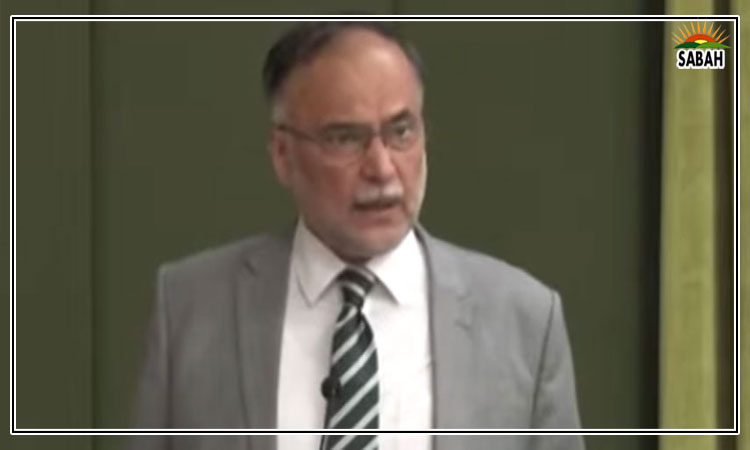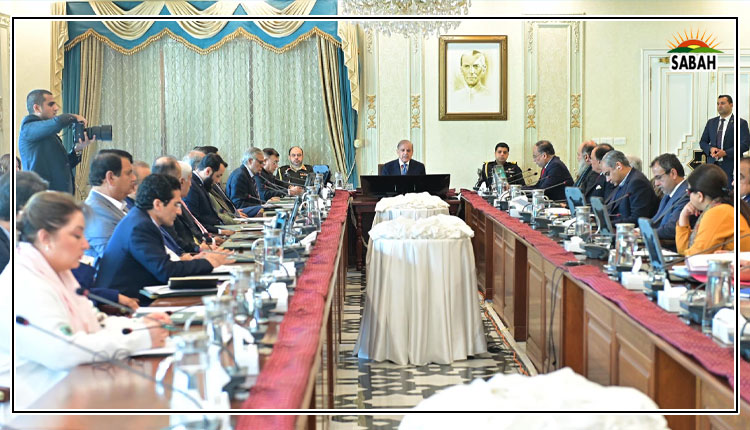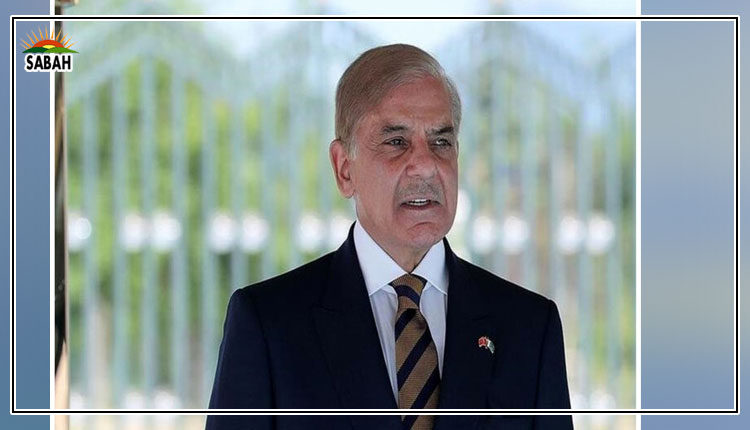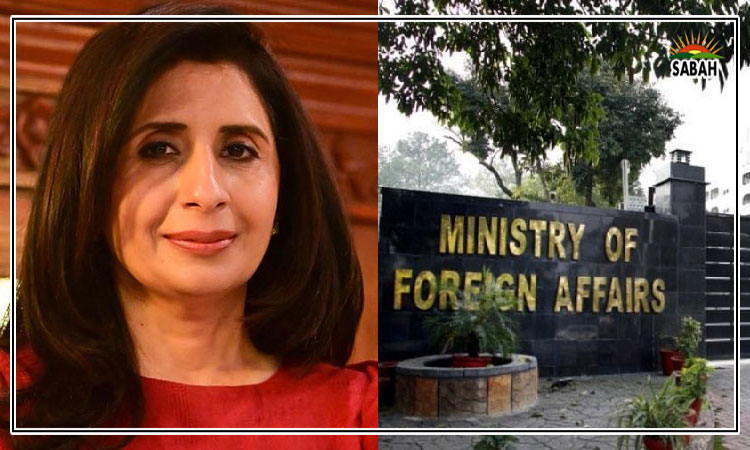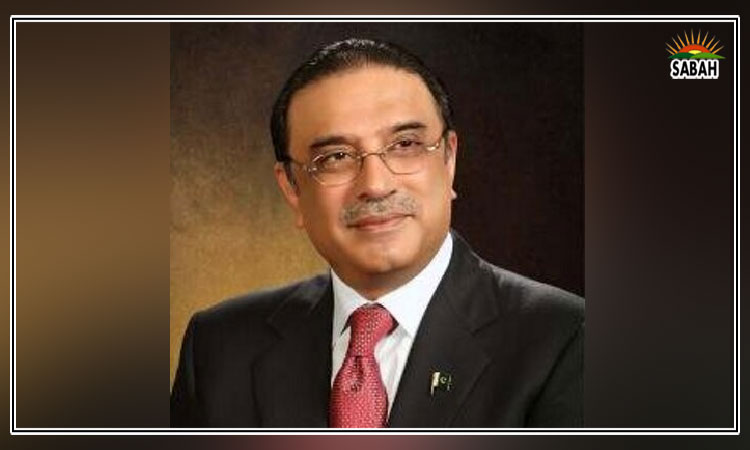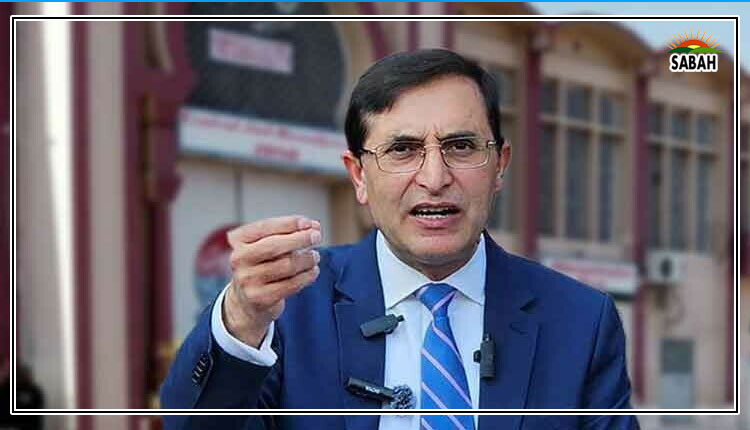Cyber sovereignty … Sanaullah Abbasi
FOR a modern society, the intersection of rights and governance in the digital sphere should become an area of pressing concern.
As scholar Evgeny Morozov observes, “the internet is a reflection of humanity with all its beauty and ugliness”.
The statement above aptly captures the complexities of Pakistan’s evolving digital environment, which hosts millions of people who participate in substantive online engagement. The country’s internet penetration is projected to reach approximately 111m users this year. While this growth suggests immense technological advancement and connectivity, it also presents significant challenges, which require an in-depth analysis.
An assessment of the dynamics of Pakistan’s internet usage reveals a diverse and multifaceted online experience: Facebook leads with 44.5m users; it is followed by YouTube with 71.7m, TikTok has 54.38m and Instagram has 17.3m. Despite such vibrant and large-scale engagement on social media platforms, the digital landscape faces a number of challenges. Amid declining global internet freedom, Freedom on the Net 2024, a report from the Washington-based, nonprofit Freedom House, classifies Pakistan as ‘not free’ with a pathetic score of 27 out of 100.
The scale of online harassment — there are more than 3,000 reported cases that predominantly involve women — exacerbates the situation and raises concern about safety and equity in cyberspace. Moreover, data security and privacy breaches have resulted in a climate of distrust — over 20 documented infringements have adversely affected more than 1m people.
The economic ramifications of such challenges are considerable. The Pakistan Telecommunication Authority estimates show that daily internet outages lead to approximately Rs3.5 billion worth of losses; annually, these disruptions account for about 2pc of the national GDP, which means that a total of Rs540bn are lost. The e-commerce sector is particularly hard hit, as it suffers daily damages to the tune of Rs750m. These economic implications underscore the urgent need for improved infrastructure and regulatory oversight in the country’s internet governance.
In response to this spate of problems, the government has introduced regulatory frameworks aimed at mitigating online misconduct and protecting digital rights. A preliminary step towards securing digital commerce was the Electronic Transaction Act, 2002, and then the Prevention of Electronic Crimes Act, 2016, which criminalised the various violations that plague the integrity of the digital space. But the Punjab Defamation Act, 2024, is viewed as a draconian law that seeks to curb free speech.While the Cybercrime Investigating Agency is seen as a worthy instrument of law enforcement in the country, its long-term value remains uncertain.
In the broader context of rights, while the 18th century criminologist Cesare Beccaria stressed on the primacy of dignity, life and liberty over property rights, Sigmund Freud’s assertion that “unexpressed emotions will never die; they are buried alive and will come forth later in uglier ways”, is particularly relevant to Pakistan, where unaddressed grievances manifest as anti-social disorders that require sustained treatment.
However, the challenges faced by Pakistan resonate with the international commentary on cyber rights and governance. International organisations, including the United Nations, have highlighted the need for regulatory frameworks to monitor the development and use of artificial intelligence, especially because social and technological revolutions have always coexisted. Yuval Noah Harari, in A Brief History of Tomorrow, warns of the existential threats posed by unregulated AI, particularly in authoritarian regimes, and underscores the necessity to prioritise human rights and dignity.
The rapid evolution of cyberspace demands the establishment of a new social contract, which is nationally and internationally grounded in specialised cyber laws on AI, currency and governance mechanisms to criminalise rights violations.
Finally, navigating the complexities of contemporary digital interactions demands that Pakistan addresses these challenges, and also works towards creating a framework that empowers its citizens, granting them the freedom to safely engage with internet rights for innovation, expression and opportunity. These internet rights have given birth to a scientific and societal revolution.
ourtesy DAWN



